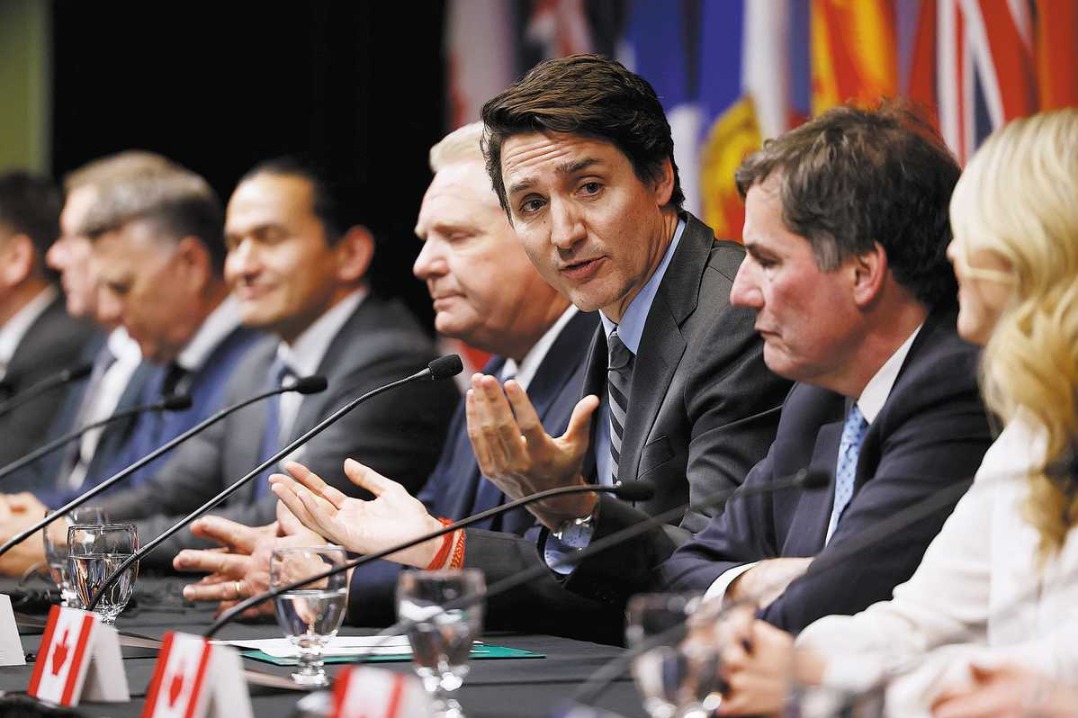UK should reflect on how it has fought virus


They may not be at the same level of intensity, but the United Kingdom's and United States' political situations under the pressure of COVID-19 are strikingly similar.
In the UK-much like in the US where certain voices in government want to shift the blame to China for their own failures-British Foreign Secretary Dominic Raab stated recently that "business as usual" with Beijing cannot continue.
Then, in an interview with Sky News, former minister Iain Duncan Smith criticized China's "lack of transparency".
Some UK media outlets are now endorsing the theory fanned by politicians across the Atlantic, and by Fox News in the US, that the novel coronavirus leaked from a Wuhan lab. The standout among them is the Daily Mail, which acts as an unofficial mouthpiece for some factions within Britain's Conservative Party.
The debate is becoming increasingly toxic.
Two countries that failed to adequately prepare for COVID-19 now see fit to demonize China.
Make no mistake, the UK did very little to prepare. Even now, many of its citizens do not seem to be taking the situation seriously.
It is not inaccurate to say that the UK has experienced, like others in the West, a great deal of cultural complacency in its response to the pandemic.
The outbreak in China was not taken seriously. The situation was viewed as the product of an inferior ideology and culture that could not possibly happen in the UK. New viruses and diseases were seen by some as merely a product of inferior countries that had to learn from the West.
The evidence of this complacency is abundant. On reentering the UK at the beginning of March, one found no airport scanning or screenings and no health questionnaires. Anyone potentially carrying the virus could enter without checks.
People did not-and largely still do not-wear face masks, and many remain ambivalent on social distancing.
It is fair to say the coronavirus was never considered a real threat by many in Britain. When the pandemic did hit, the concept of herd immunity gained the upper hand for a while. By the time the government eventually took strict action, it was too late. The window from January to late March was filled with inaction.
As a result, the urge to blame China for the predicament is swelling, pushed by many voices in some sections of the media and the Conservative Party.
Instead of taking responsibility for the country's own clear governance failures and lack of a social response, the prevailing view on the virus is that it is not meant to be in Britain.
This produces a superficial and opportunistic sense of outrage toward Beijing, embedding the belief that China has attacked the UK's supposedly superior way of life, and there ought to be a reckoning.
Criticism against the government's lack of preparation is gaining traction amid a series of scandals, including a growing unofficial death toll in elderly care homes and shortages of personal protective equipment. That means this politics of anger directed at Beijing is not going away anytime soon, especially as British polls are starting to show small shifts to the Labour Party.
As we are seeing with the White House in the US, the politics of deflection is both tempting and convincing. Many among the public are more inclined to believe in the "inferior enemy" than to adequately hold their own governments to account.
On the whole, the evidence is clear that the British government failed on multiple levels to prepare, make contingency plans and warn the public of a potential COVID-19 pandemic. Yet it is China that ends up as the scapegoat.
The UK must do some deep self-reflection-not concerning Beijing, but how complacency got us into this mess.
The author is a British political analyst. The views do not necessarily reflect those of China Daily.
































